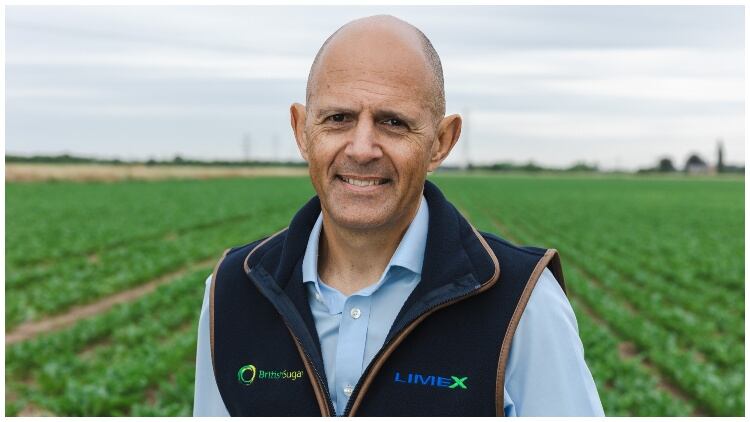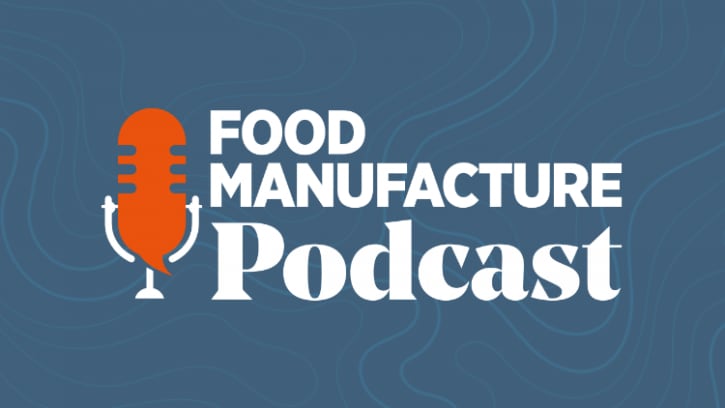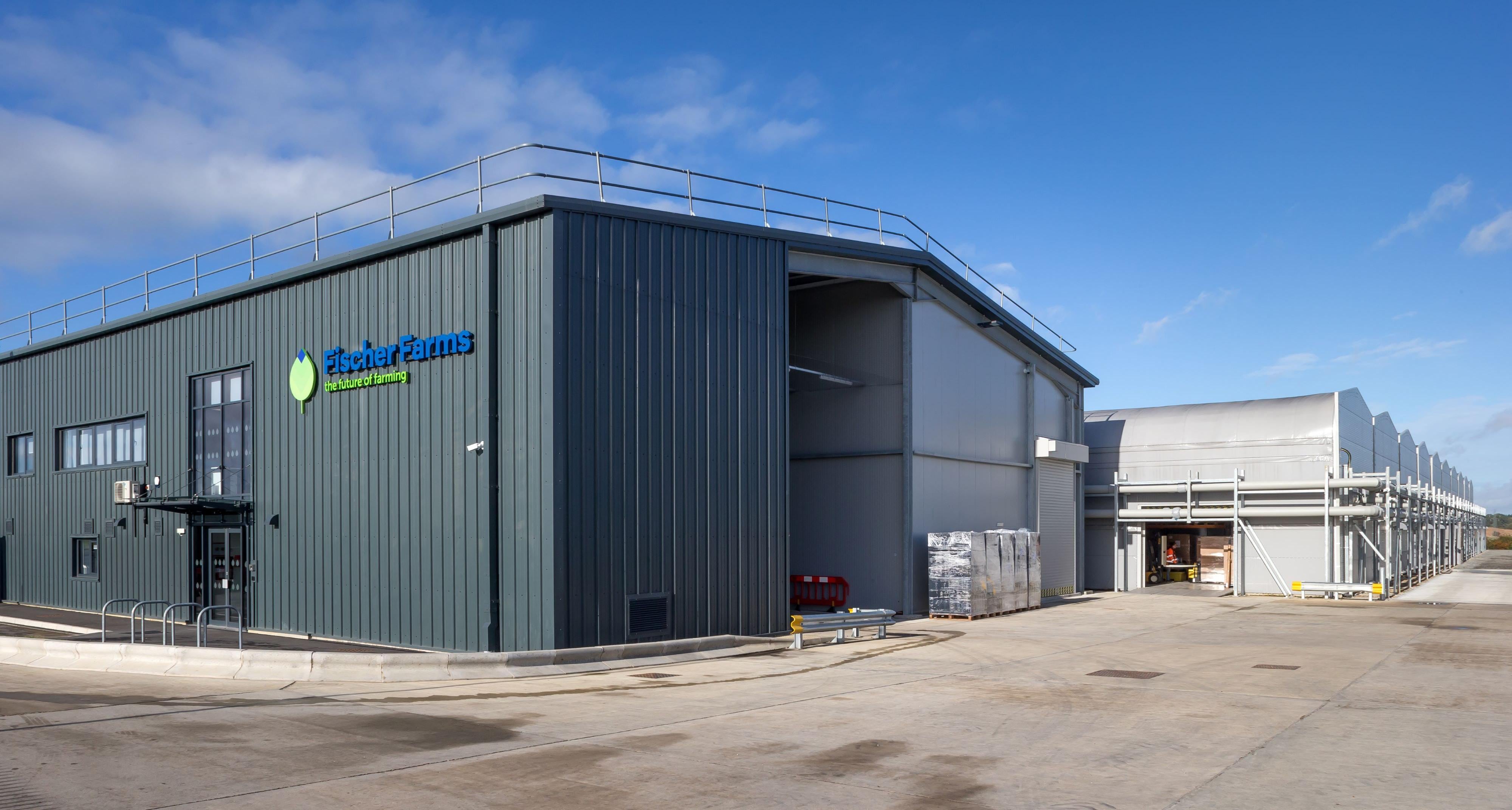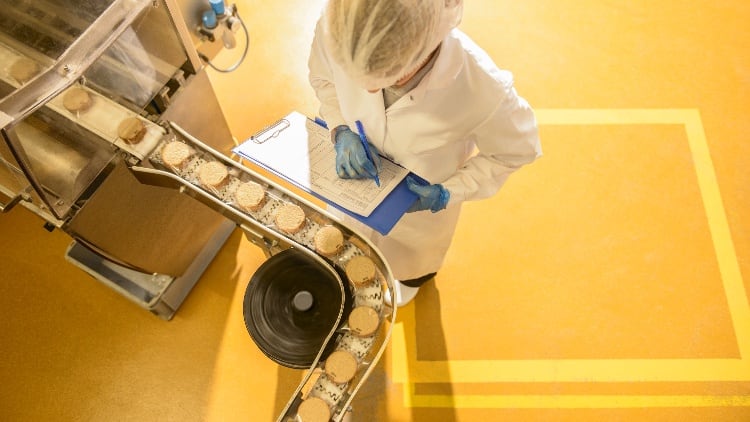After more than eight years at 2 Sisters Food Group and with an extensive background in the FMCG industry, Packer joined British Sugar as the firm’s new managing director in June 2023.
Part of Associated British Foods, British Sugar is the leading sugar producer in Britain working with more than 2,300 sugar beet growers across the country. In turn, it produces around 1.2m tonnes of sugar every year which makes up around 50% of the sugar consumed in the UK.
Supplying all corners of the food and drink manufacturing sector, it employs 1,200 people across four sites in Wissington, Bury St Edmunds, Newark and Cantley.
“It is a great business with a lot of heritage,” Packer told Food Manufacture when asked why he decided to join British Sugar.
“It has a caring supportive culture as an organisation and this is how I want to work with the team as we look at innovation and tackle some of the challenges that we face.”
Packer believes that despite the scale of its operations, the general public knows very little about British Sugar as a business or the circular economy that it has developed.
“When sugar beet is delivered to our sites it is washed and the topsoil that is collected is sold into the landscaping industry, while the stones are sold to aggregates firms,” he explained.
“Once the sugar has been extracted, the residue can either fuel one of our anaerobic digestion plants or be used as dried animal feed. Then there is the molasses that are processed to create bioethanol, the captured heat that we recycle and the medicinal cannabis that we produce and sell to pharmaceutical companies in the US.”
Efforts to improve sustainability levels are becoming increasingly widespread among food and drink manufacturers in the UK, and Packer explained that the firm is keen to monitor advances in the available technology as part of its bid to further reduce emissions.
Currently, British Sugar operates two combined heat and power (CHP) systems in Wissington and Bury St Edmunds respectively which it uses to power the sugar extraction process, with excess electricity generated then supplied back into the grid.
“We are committed to reducing our greenhouse gas emissions by 30% by 2030,” Packer continued.
“With the systems we already have in place we have been able to make a 13% reduction over the past five years, but we will continue to invest in decarbonisation. For example, this year we put a new evaporator into our Wissington plant at the cost of £17m and that will see a 25% steam energy reduction in the sugar production process during this campaign.”
As the UK’s largest manufacturer of sugar, the firm has had to respond to implementation the soft drinks levy as well as evolving societal trends around health and wellness. Meanwhile, with efforts to tackle obesity and diabetes focused on encouraging consumers to cut their sugar intake, Packer believes that a “holistic approach” is needed to solve a “complex issue”.
“We are committed as a business to help educate and inform people about the role that sugar can play in a balanced and healthy diet,” he added, pointing readers to the educational resources on the firm’s Making Sense of Sugar website.
On the topic of the soft drink levy in particular, Packer argued: “We are yet to see conclusive evidence that the tax is having any impact on obesity levels and sugar consumption was already falling prior to its introduction. As a business we are committed to education about responsible sugar consumption.”
Looking at the firm’s position in the market, Packer said that British Sugar must continue to position itself as a “supplier of choice”, a task that requires the continued delivery of high-quality products, effective customer service and a diverse offering. In a bid to meet these standards, the company is focused on modernising and upgrading its facilities where needed.
“We are looking to improve our standards in a few areas, which has been part of an ongoing programme,” he explained.
“The Bury St Edmunds site needs to be developed with a proper set of changing rooms and offices for our employees. We also need to raise standards, improve efficiency and continue to look at whether our processes are optimised. Innovation needs to be central to our entire operation.”
Another aspect of raising standards relates to staffing, especially in the food and drink manufacturing sector where labour and skill shortages have proved a persistent challenge. Firms that excel in this area train their existing staff and attract the best possible external candidates, while also retaining the best people in the long-run.
“British Sugar has an apprenticeship programme that has proved effective getting young people into the business,” said Packer.
“We also pay well, certainly above average for the sector, and helps us attract the people that the business needs. Furthermore, the level of automation and technology that we use is quite advanced, meaning that we can run a sugar factory with 10 people depending on the day which is world leading.”
The challenges facing food and drink manufacturers have grown in the past five years amid rising costs, the impact of Covid and geopolitical unrest, but many feel that the UK Government has failed to provide the industry with sufficient support. Packer said that given the importance of switching to renewable energy and cutting carbon emissions, assistance in this area is particularly necessary.
“The nation is targeting net zero by 2050, but businesses need more financial support for decarbonisation projects if that is to be achieved,” he added.
Looking to the remainder of his first 12 months at the helm, Packer explained that reaching a new agreement on prices with its growers was a key priority, with negotiations between British Sugar and the NFU Sugar Board now underway.
“We need to pay our growers a sustainable price so that they can continue to reinvest in the industry,” he concluded.
In other news, read our exclusive analysis on how the Welsh Government is supporting food and drink manufacturers based in Wales.





